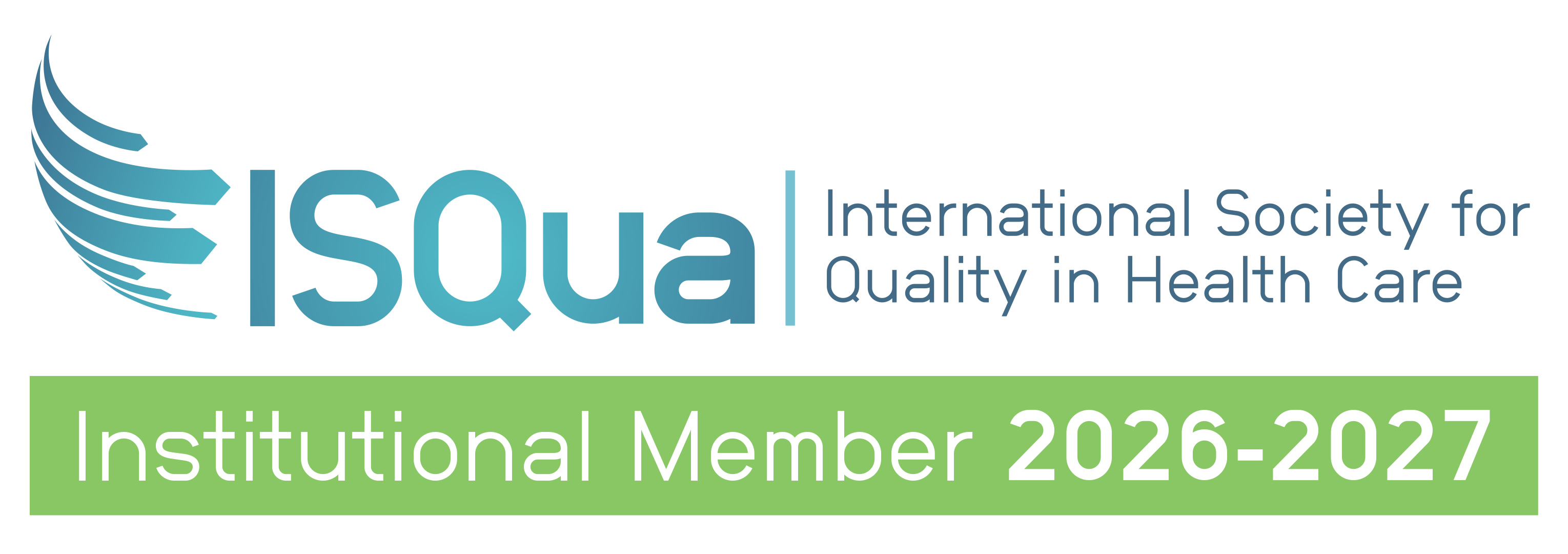
Health Care Services and a Sustainable Future: How the NHS are tackling climate change
The Improvement Academy were joined by guest speaker Dr Nick Watts, Chief Sustainability Officer at the NHS to discuss how healthcare organisations can address climate change
Healthcare organisations around the world are increasingly recognising the importance of addressing climate change and adopting sustainable practises to protect the population and planet. In our recent Masterclass with Dr Nick Watts, Chief Sustainability Officer at the National Health Service (NHS) England and Improvement Academy Director, Assoc Prof. Bernie Harrison, we discussed climate change and addressed some of the common organisational barriers to taking action.
The NHS’s commitments to transitioning into a world-class net zero emission health service provides a great example of how people working within complex health systems can coordinate their efforts towards a shared goal of climate action.
Currently Australia’s healthcare system account for seven percent of the nation’s greenhouse gas emissions. With the impact of climate change posing significant risks to human health, healthcare organisations have a crucial role to mitigating its effects and promoting sustainable healthcare.
“If you want to deliver high quality care for now and for future generations you just cannot do it unless you tackle climate change. Global average temperatures have risen to 1.34 degrees above pre-industrial average. For the United Kingdom we expect a six-fold increase in flooding and storm; we expect a doubling of the number of NHS facilities on high-risk floodplains.” said Dr Watts
As the fifth largest organisation in the world, the NHS has a significant impact on the environment and plays a crucial role in the fight against climate change. Dr Watts explains that the comprehensive climate action strategy developed by the NHS is underpinned by the following key success factors:
- Planning and scoping
- Collaboration
- Staff autonomy
According to the Greenhouse Gas Protocol, an organisation’s greenhouse gas emissions are classified into three scopes:
- Scope 1: Direct emissions from the organisation’s activities
- Scope 2: Indirect emissions that are owned from the consumption of purchased energy
- Scope 3: Indirect emissions that are not owned and occur across the value chain of an organisation.
These scopes matter when setting climate action targets because they provide a framework for measuring and reporting greenhouse gas emissions.
The NHS’s climate action plan is underpinned by the notion that investing in a net zero strategy aligns with the long-term sustainability of health systems and the health of the population.
“The NHS thinks we think we can run at about 72 percent of the emissions profile of the healthcare system without any additional capital pressure. The majority of our emissions are simply a question of where we want to spend our money and we think healthcare systems are big enough to shift carbon purely by the way that we run them.”
Dr Watts explains that climate action is not possible without collaboration and the collective efforts of healthcare professionals, policy makers and other stakeholders.
“It's the pride and the excitement that comes with leading the way for a net zero transition.” said Dr Watts.
It has been so insightful hearing from Dr Watts about his role and experience in such a huge project for this global healthcare institution. We hope this Masterclass provides new insights and perspectives for other healthcare organisations to follow in their own journey to taking climate action. Members can watch the full recording in the Member Portal.
The Improvement Academy are keen to promote initatives that help build a sustainable future in healthcare. If you or your healthcare organisation have any climate action projects that they would like to share, please email us at improvementacademy@achs.org.au.
Other Masterclass recordings are also available for all to view on our e-learning Platform. Simply register and access these insightful discussions about the hot topics in healthcare.

